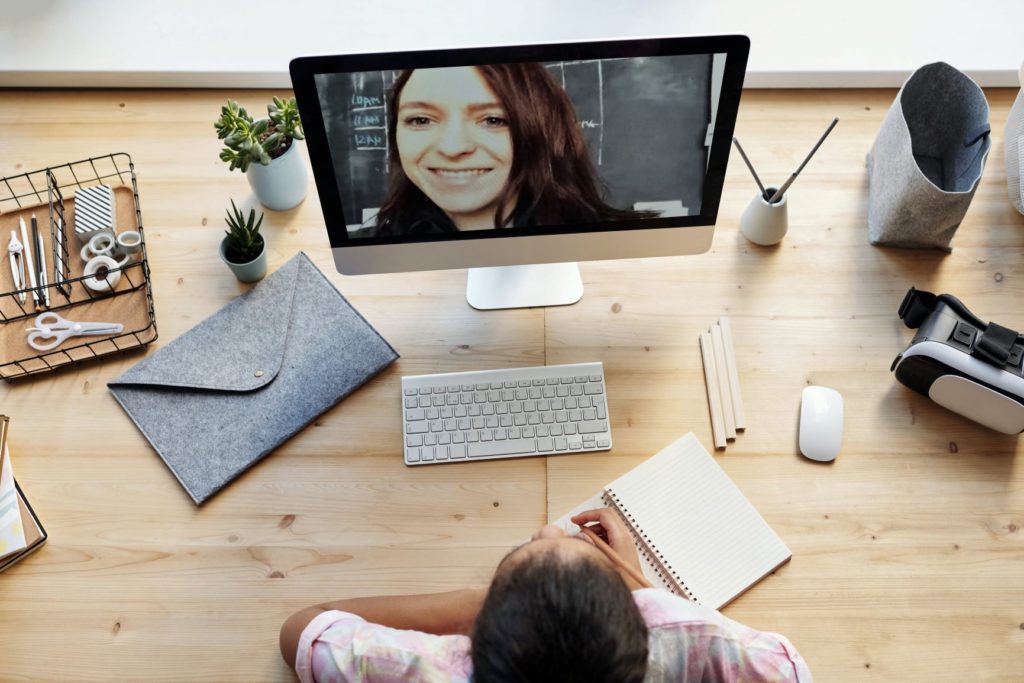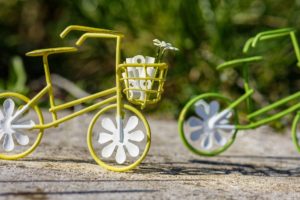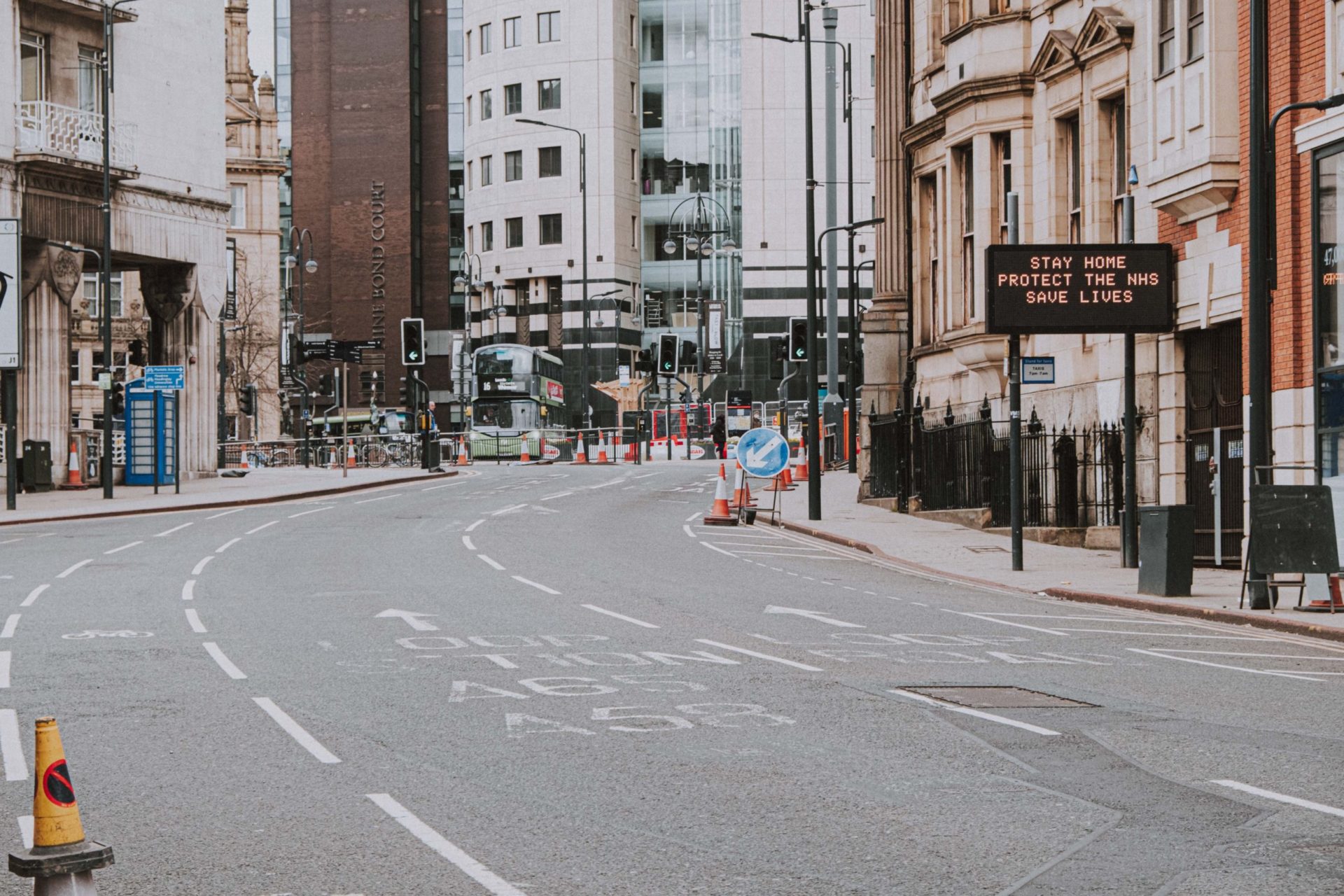We put out a short survey earlier this month about Covid-19 and decarbonising transport. In the survey we asked our network members how their work has been affected by the Covid-19 lockdown and how they would like to engage with us over the next few months. We were very pleased with the response, 63 network members completed the survey. We appreciate the guidance that it provides in these uncertain times. Here are some key messages we heard:
Keep on pushing the decarbonisation agenda – even though things will look different
- The emergency has resulted in 37% of you having more time and 15% having less time available right now to consider the issue of transport decarbonisation (48% no change).
- Over the next 2-3 months, 92% of you expect to either have enough time or intend to make enough time to devote to considering the issue of transport decarbonisation.
- You don’t want DecarboN8 to go quiet over the next few months! Instead your preference was to explore the following topics (in order of priority): climate smart recovery followed by longer term transport decarbonisation issues, followed by the impact of the emergency on the transport sector more generally, and how it can cope/react.
Although many of you are busy, there is still a demand for innovative engagement on key topics

- In terms of formats for engagement, webinars were the most popular choice followed by podcasts and videos.
- Respondents stated that they were most comfortable using Zoom, MS Teams, and Email. LinkedIn received mixed reviews. Facebook was the least popular among those surveyed.
The impacts of lockdown are huge and likely to have long term impacts too
47 of you completed the second part of the survey on your perception of the impacts of the Covid-19 lockdown on transport use and the economy. The response covered a good geographic spread across the country with representation of different size places. Key messages included:
- The transport demand reductions you reported match other evidence coming through from official sources and Google: most of you estimated that road traffic was over 50-90% or over 90% down, and that public transport ridership was over 90% down.
- 62% of you felt pedestrian traffic had increased in your immediate neighbourhood and 60% said cycling had increased since the lock down began.
- The crisis is affecting the organisations you work for unevenly: 26% of you say that the impact of the crisis has been to increase the workload/income of your organisation, whereas 26% say it has reduced it slightly, and 21% say it has reduced it a lot.
- Looking forward over the rest of the financial year, 9% of you think your organisation’s workload/sales/income will increase, whilst 34% of you think it will be mildly negatively affected and 23% severely negatively affected.
So what can you expect from DecarboN8 next?
Due to the interests expressed by survey respondents we are planning a series of webinars on climate smart recovery. The idea is currently still in the early stages, but we are hoping to deliver a series of two to three place-based events, each featuring speakers from a specific area in the North. We welcome ideas and suggestions about places or speakers that can provide a unique place-based viewpoint on climate smart recovery. As this develops we will share details on the Events page of our website and in our newsletter.
While the lock down seems to be causing some delays for research projects it has been suggested that it could be a good time to release a future research funding call. We are considering how to proceed with subsequent rounds of project funding as we also know that the impacts of time available are very unevenly distributed amongst academics. Details will be shared on our funding page and in our newsletter.
One last takeaway for us is the challenge presented by offering loo roll as a lighthearted prize draw incentive and then needing to find a way to send such an item to our winner who lives halfway across the country in the greenest way possible. It has, however, provided a good opportunity for research into low-carbon last mile options.


